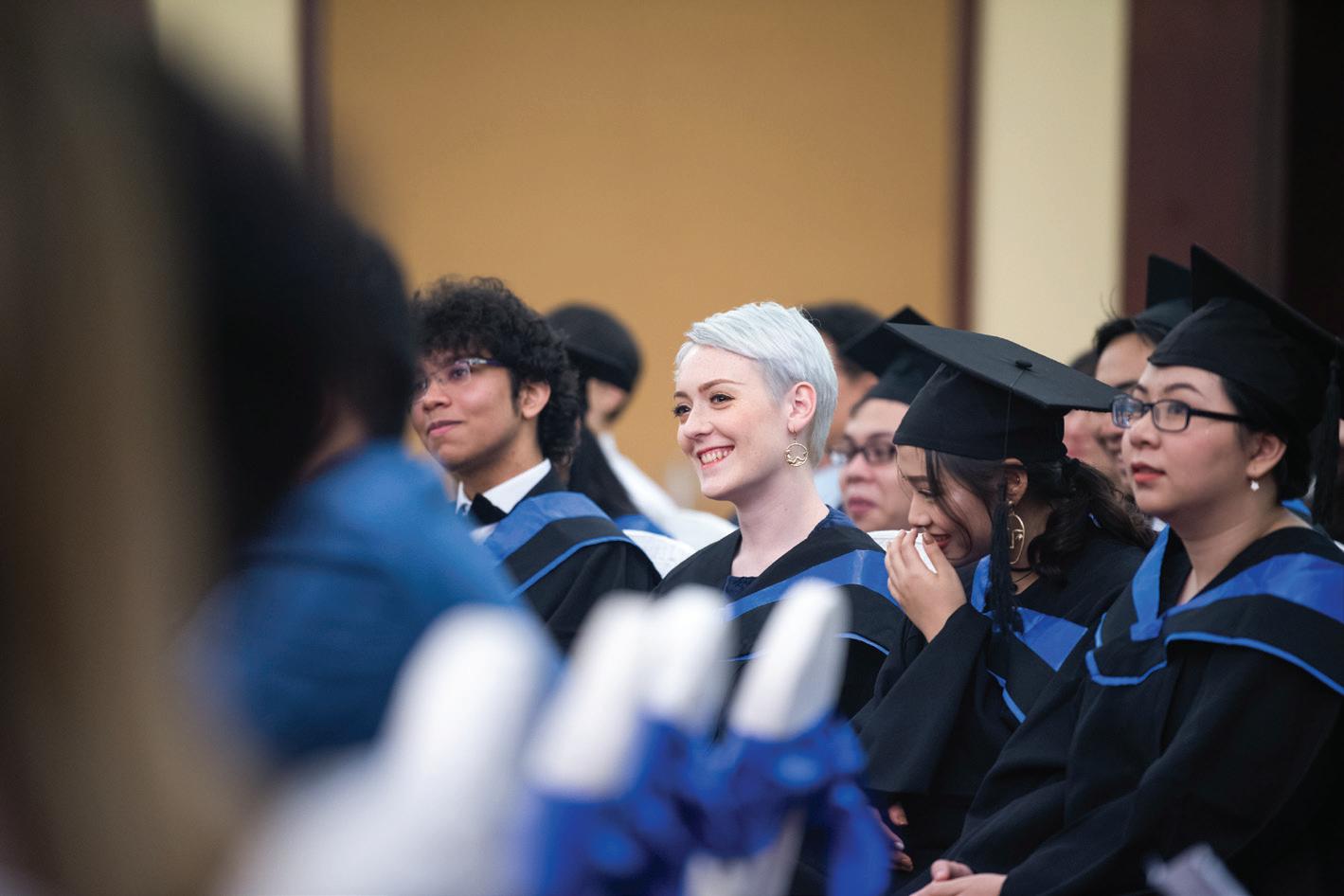
1 minute read
A LEVEL PROGRAMME AT RGS VIETNAM
by rgs.vn
Cambridge Advanced Level (A level) is an international qualification for students aged 16 to 18 who need advanced study to prepare for university and after graduation. The A Level system o ers flexible curricula that allow learners the freedom to choose the subjects that are suitable for them.

Advertisement
Cambridge A Level develops a deep understanding of the subjects and independent thinking skills. Because the curriculum is designed to build knowledge and cognitive skills on in-depth subject matter content, the programme focuses on a number of subjects related to the specific courses and professions that students are interested in and wish to attend at university, and at the same time adjust their studies to their future career orientation. Schools that o er A Levels to international students typically focus on subjects such as Business, Mathematics and Science as well as core Humanities subjects, including English and History.
Thousands of students around the world gain prestigious admissions and scholarships to top universities each year with the Cambridge A Level. A Level is the preferred entry qualification of many well-known universities and is the best pathway for students with academic excellence who wish to study at one of the UK's top universities, as well as other prestigious universities and higher education institutions worldwide.
Compared to the International Baccalaureate (IB DP) - a curriculum that teaches a holistic approach to study skills, A Level focuses on specific subjects, knowledge and extracurricular activities, unique and distinctive, tailoring learning to the student's desired career orientation. The IB DP certification is suitable for students who want to maintain breadth in subject choice and are willing to work under pressure in a systematic learning environment. Meanwhile, A Level will be a good option for students who have a very clear focus and shape on a specific field or topic, who want to promote their existing strengths and who have high self-discipline to learn e ectively in a less systematic environment.




